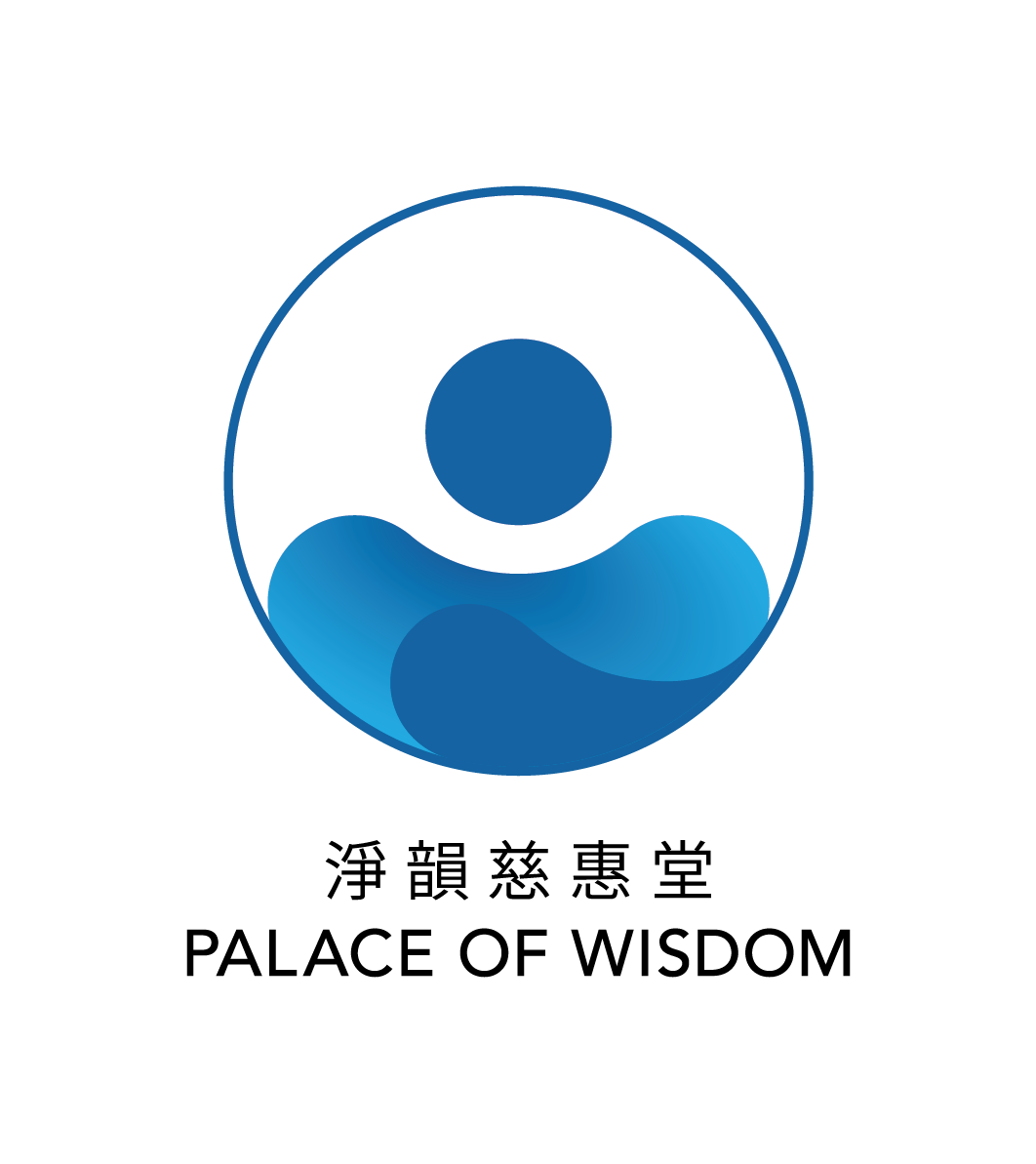Meat doesn’t have a monopoly on protein. In fact, almost all foods (except alcohol and sugar) contain some. A half-cup of beans even has about the same amount of protein as one ounce of meat. To get all of your essential amino acids, focus on eating a variety of protein-packed plants, including lentils, beans, nuts, seeds, and milk (almond works if you’re cutting out dairy), recommends Eric C. Sharer, MPH, RD, from the Academy of Nutrition and Dietetics’ Vegetarian Nutrition Dietetic Practice Group. Bonus: Vegetarian diets tend to have higher levels of fiber, magnesium, potassium, folate, carotenoids, flavonoids, and vitamins C and E than omnivorous ones.
Related: Best Vegetarian Protein Sources
[Note] Above content extracted from below Website. Please visit for more details https://www.health.com/nutrition/10-myths-about-vegetarian-diets-busted
Most people—especially if they cut out processed foods—actually have more energy after switching to a vegetarian diet, Dr. Ramsey says. If your energy levels do drop, you probably aren’t getting enough vitamin B12 or iron. These nutrients are both rich in meat, but are also found in dairy and eggs, and plenty of non-animal products are fortified with B12. To get the most from iron-rich foods like spinach, lentils, chickpeas, beans, and cashews, eat them alongside vitamin C-filled foods like oranges, tomatoes, and broccoli. Vitamin C actually helps your body absorb more iron.
[Note] Above content extracted from below Website. Please visit for more details https://www.health.com/nutrition/10-myths-about-vegetarian-diets-busted
“Many people think that plant-based athletes can’t get enough protein to build muscle, but that’s completely false!” says Rizzo. “Many vegetarian options provide just as much protein as meat and even more vitamins, minerals, and antioxidants. With a little planning, you can absolutely build muscle on a vegetarian diet.”
Eat 20 to 30 grams of protein at each main meal — for instance, an edamame and banana smoothie for breakfast and a chickpea salad sandwich for lunch or dinner. You can time those meals two to three hours before a hard workout or 30 minutes to two hours afterward to help maximize muscle recovery and growth, according to a position paper published in March 2016 in the Journal of the Academy of Nutrition and Dietetics. Also make sure to consume ample carbohydrates — such as those from whole grains, fruit, and vegetables — with your meals. “Carbohydrates are essential and provide energy for all sorts of activities,” says Rizzo.
[Note] Above content extracted from below Website. Please visit for more details https://www.everydayhealth.com/diet-nutrition/diet/vegetarian-diet-myths-debunked
Soy is one of a handful of plant-based proteins that’s also a complete protein — meaning it contains all nine essential amino acids. You don’t need to pair it with complementary proteins for your body to use it effectively, research shows. Eating soy foods (such as tofu, edamame, and soy milk) may even help lower your risk of breast cancer, suggests a November 2016 review published in Nutrients. And although it’s one of the eight common allergens, the prevalence of soy allergies in children is only about .4 percent, according to an article published in July 2010 in the Journal of Asthma and Allergy.
[Note] Above content extracted from below Website. Please visit for more details https://www.everydayhealth.com/diet-nutrition/diet/vegetarian-diet-myths-debunked
“The position of the Academy of Nutrition and Dietetics is that appropriately planned vegetarian — including vegan — diets are healthful, nutritionally adequate, and may provide health benefits for the prevention and treatment of certain diseases,” says Ginger Hultin, RDN, a dietitian in private practice in Seattle, Washington, and a spokesperson for the Academy of Nutrition and Dietetics. “These diets are appropriate for all stages of the life cycle, including infancy, childhood, and adolescence.” And eating vegetarian offers a benefit for kid and teen vegetarians: “They are actually at lower risk than their non-veggie peers for being overweight or obese.”
Children following a vegan diet may need to take some supplements, such as vitamin B12, according to the Nemours Foundation. A well-balanced diet is key for reducing the need for supplements. “Children eating any diet — not just vegetarian or vegan — should be aware of their intake of protein, omega-3 fatty acids, iron, zinc, vitamin D, iron, iodine, calcium, and vitamin B12,” says Hultin. “The child’s doctor or dietitian can [recommend] an appropriate multivitamin for any additional nutrients the child may need based on his or her individual stature, lifestyle, and diet.” If your child or teen is vegetarian and you aren’t sure if he or she is eating a balanced diet or may need to supplement, you can find an RD in your area at Eatright.org. “Dietitians are the nutrition experts for vegetarian and vegan families,” says Hultin.
RELATED: The Digestive Perks of Being a Vegetarian
[Note] Above content extracted from below Website. Please visit for more details https://www.everydayhealth.com/diet-nutrition/diet/vegetarian-diet-myths-debunked
No matter your dietary preferences, it takes effort to be all-around healthy and balanced. Just because vegans eat plant-based foods doesn’t mean that health is guaranteed. While it’s true that vegan diets have ample health benefits, it’s entirely possible to be an unhealthy vegan, especially if you eat mostly processed foods and don’t exercise.
[Note] Above content extracted from below Website. Please visit for more details https://theveganreview.com/7-common-vegan-myths-debunked/
egetarians and meat eaters should follow the US Department of Agriculture (USDA) Choose My Plate Food guidelines. They should eat a diet that is rich in whole grains, fruits, and vegetables. It should have smaller amounts of low-fat dairy products and protein foods and limited fats and sweets. The USDA does say that vegetarians may need to keep track of protein, iron, calcium, zinc, and B12. Here are some sources:
- Protein—beans, nuts, nut butters, peas, soy products, milk products, eggs
- Iron—iron-fortified breakfast cereals, spinach, kidney beans, black-eyed peas, lentils, turnip greens, molasses, whole wheat breads, peas, and dried fruits
- Calcium—fortified breakfast cereals, soy products, calcium-fortified orange juice, dark-green leafy vegetables, dairy products
- Zinc—beans, zinc-fortified breakfast cereals, wheat germ, pumpkin seeds, milk products
- B12—milk products, eggs, foods fortified with B12
[Note] Above content extracted from below Website. Please visit for more details https://www.winchesterhospital.org/health-library/article?id=13910
